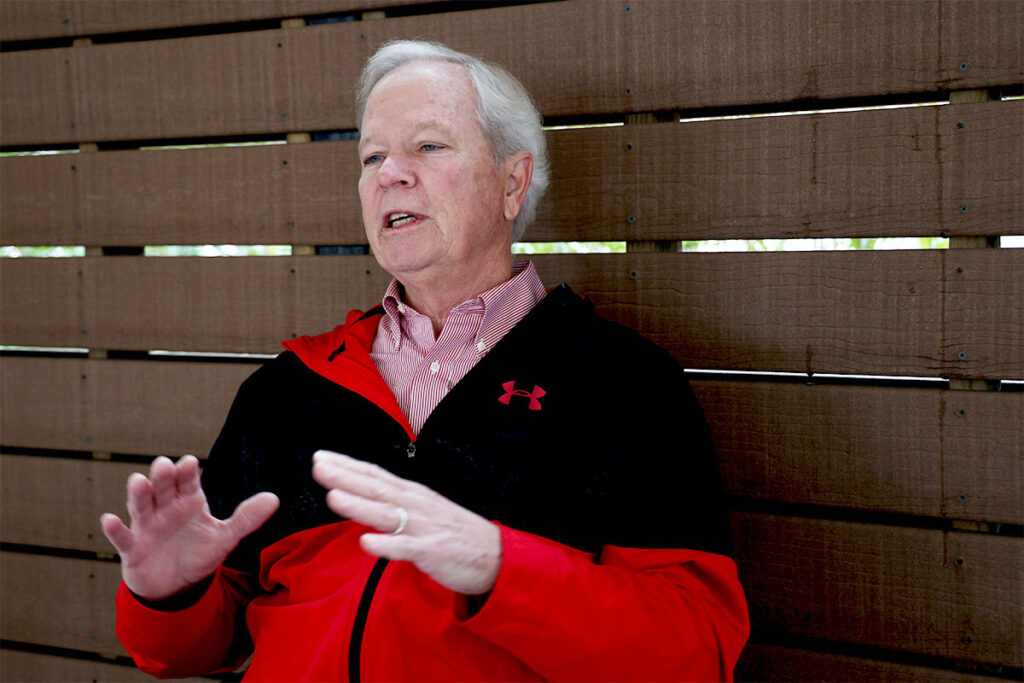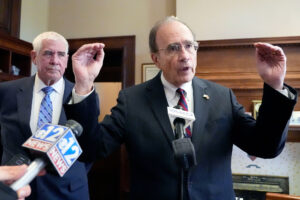Update, Jan. 12, 2024: The Mississippi State Department of Health suddenly lifted the boil water notice affecting all surface water customers in the City of Jackson on Friday afternoon, following expedited retesting of Jackson’s water. Flowood’s retest results are currently pending.
JXN Water, the entity in control of Jackson’s water system, challenged a state-imposed boil water notice for the cities of Jackson and Flowood. Interim Third-Party Manager Ted Henifin suggested that the Mississippi State Department of Health’s Public Health Laboratory may have accidentally contaminated its own samples with E. coli and then declined to appropriately retest sample sites to validate their findings on Thursday.
The announcement came after MSDH issued a boil water notice for both Jackson and Flowood Thursday following routine water sampling, placing over 200,000 residents in the capital area under an alert warning that the agency’s sampling had found dangerous E. coli bacteria in both cities.
Henifin, the federal manager that the U.S. Department of Justice put in charge of Jackson’s water system after its collapse in 2022, fought back against the state’s conclusion in an afternoon press avail. “Having positive (E. coli) results from any system … is fairly unusual,” he said.
But finding unrelated positives from two different water sources in the same run of tests goes beyond that, he argued.
“Having two positives from two different water systems on the same day, analyzed at the same time, seems highly suspect. We all know laboratories aren’t perfect, whether it’s a health lab or water lab. They’re all run by humans. Mistakes are made. Equipment may malfunction. Cross-contamination happens.”
A day after this story first published, JXN Water announced on Friday, Jan. 12, that the state lab’s follow-up testing of the two sites in Jackson initially flagged for E. coli contamination came back negative. Such retesting involves three additional samples: at the site, downstream, and upstream.
All six tests showed no evidence of E. coli contamination, a finding JXN Water spokesperson Ameerah Palacios said bolstered the agency’s claim that the first positive tests were the result of lab contamination.
“I still do not understand why the Mississippi Department of Health issued the city-wide boil water notice before confirming the initial results,” Henifin said in Thursday’s statement. “The damage to confidence in our water system and economic impact to our area businesses is enormous.”
In a Friday statement after lifting the boil water notice for Jackson, MSDH rejected Henefin’s statements, asserting that the initial tests were true positives for both Jackson and Flowood.
“In spite of the allegations made by the City of Jackson Water Supply, the Mississippi State Department of Health stands behind the initial test results that indicated the presence of E. coli in the City of Jackson’s surface water,” MSDH wrote.
“Upon review, all evidence supports that these test results were true positives. Since 2003, there have been 29 instances of E. coli detected in the City of Jackson’s water system. During the same time period, the City of Flowood has had three instances of E. coli in their water system.”
JXN Water Questions Lack of Retesting
E. coli contamination can cause mild and occasionally serious illnesses in individuals affected, but for adults over the age of 65, children younger than 5 and the immunocompromised, the risk of infection is worse.
Flowood Mayor Gary Rhoads did not respond to a request for comment by press time but told WLBT that he questions the results as well—even though both Jackson and Flowood intend to abide by MSDH’s recommendations.
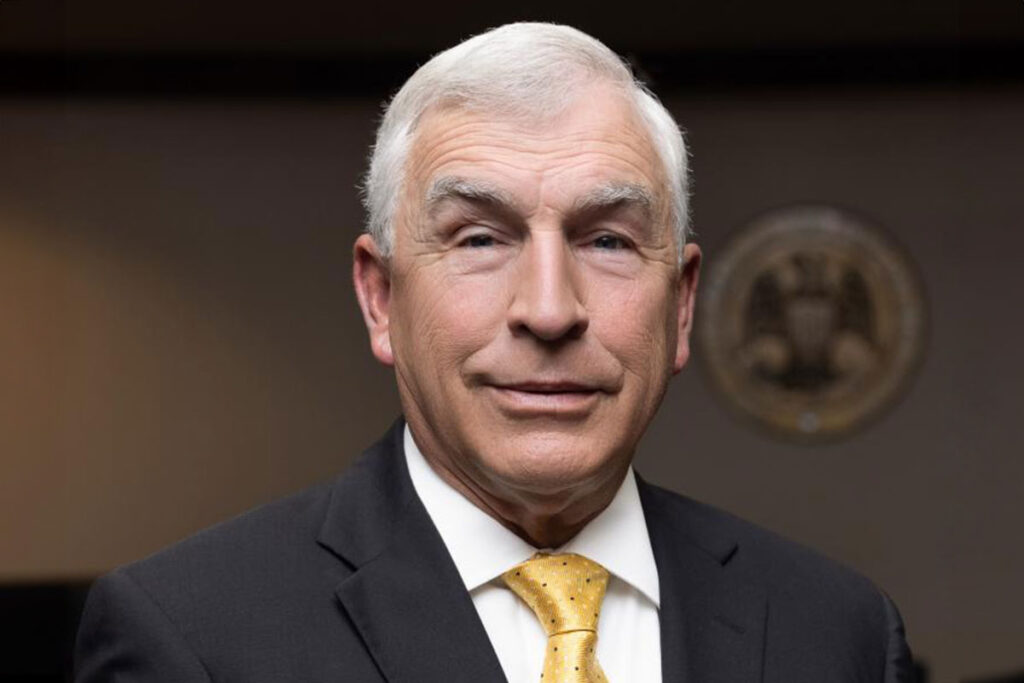
JXN Water added that MSDH also declined to retest the locations prior to their announcement, identified in Jackson as Sheffield Dr. and Riverwood Dr., on Thursday, Jan. 11.
Jacobs Engineering Drinking Water Compliance Manager Yvonne Mazza-Lappi elaborated on the regulatory rules. Jacobs Engineering contracts with the City to help staff the Jackson water system.
“The EPA actually changed the total coliform rule because (false positives) have happened in the past,” she said at the press conference on Jan. 11. “The revised rule states that we are allowed, as a system, to confirm those samples by doing additional sampling at the original sample tap that had the positive E. coli, and upstream and downstream to verify that there is an issue.”
Indeed, under the revised total coliform rule, a violation is triggered by E. coli being detected on a retest, not a routine test. But Henifin said MSDH is within its rights to issue boil water notices without following that procedure and that JXN Water would proceed with testing its water over the coming days, expecting a lift of the boil water notice by Monday.
The lack of retesting is not standard practice because of the likelihood of false positives, Mazza-Lappi said. If it was, “we’d have a lot of E. coli violations throughout the country,” she said. “We run a lot of systems throughout the country, and we don’t see that happening.”
Health Department ‘Confident’ In Results
Late Thursday evening, the Mississippi State Department of Health responded with a press statement standing by their initial findings. “Officials in the (Mississippi Public Health Laboratory) don’t believe there was any contamination of the samples while in the lab and the results are not false positives,” the agency wrote. “MPHL leadership staff has done a preliminary review of the lab protocols related to these results and are confident in their validity.”
The Mississippi Free Press asked MSDH officials why they had not validated the samples as federal regulations allow and if the agency agreed that Thursday’s dual E. coli results were irregular, but did not receive a response by press time.
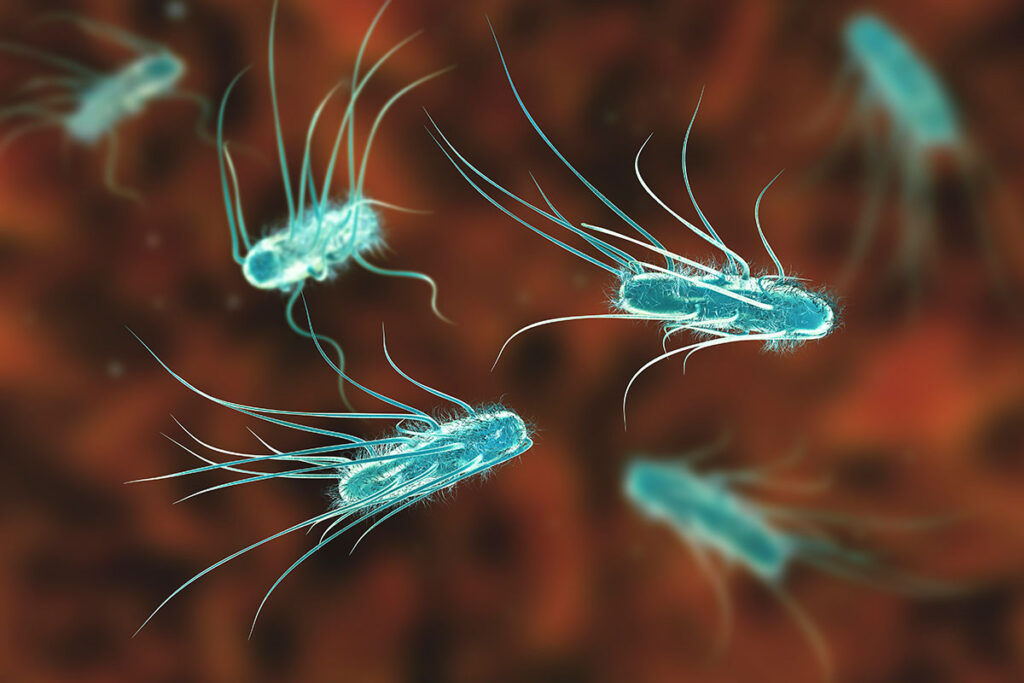
JXN Water shared other reasons it doubts MSDH’s test results, citing its disinfection routine and the location of Jackson’s reportedly contaminated samples.
“We chlorinate our water (and) we have (ultraviolet light disinfection) going. The water is incredibly disinfected, and we’ve got a great record of that, especially over the last 12 months,” Henifin said.
And both samples in Jackson that tested positive for E. coli were in “Northeast Jackson, very close to the plant,” Henifin added. “This is the last place we would suspect—streets and addresses that are close to either plant where the (E. coli-killing chlorine residual) would be highest as it leaves (O.B. Curtis Water Treatment Plant.)”
‘We Were Crushed, To Be Honest’
The widespread boil water notice could harm JXN Water’s attempt to repair Jackson residents’ fractured relationship with their drinking water, a move Henifin described as a “kick in the gut.”
“We were crushed, to be honest,” he told this reporter. “We were actually together doing our normal Thursday meeting when we got the word. We all took it very personally. All of us have given a tremendous amount of our lives to try to get away from the Jackson water reputation, and to make sure folks are getting safe drinking water.”
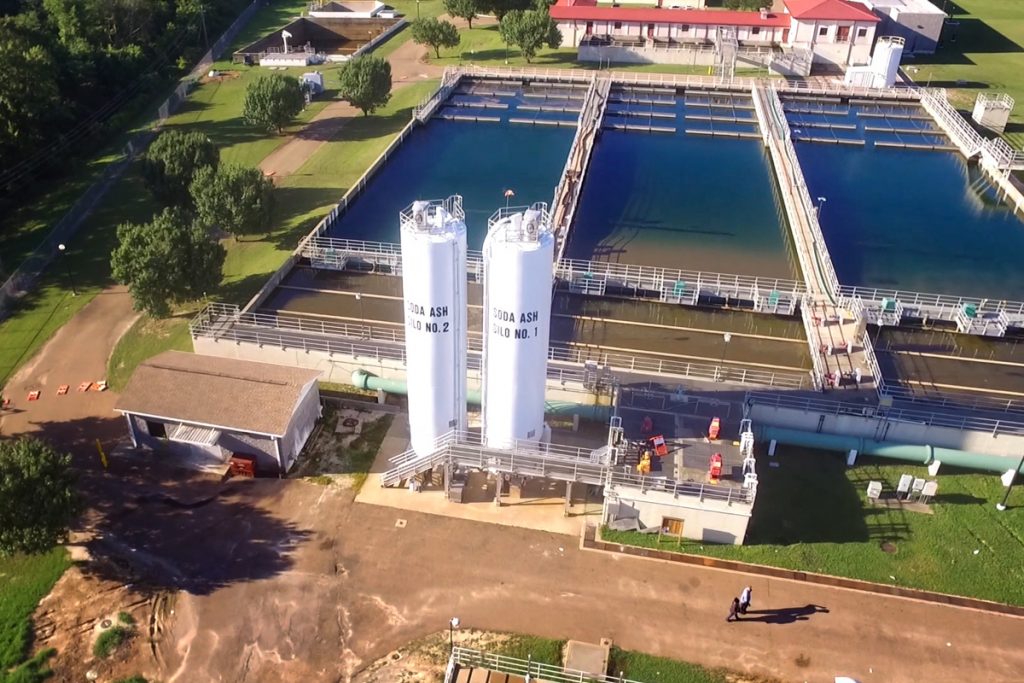
Henifin said the lab’s actions were another example of dissatisfactory performance from Mississippi’s public health lab that included slow performance on earlier requests, but that the lack of another certified laboratory in the state made finding an alternative source for testing difficult.
“We feel like we’re providing safe drinking water,” Henifin said on Thursday. “Every day we make huge progress on pressure in the system. In fact, we were celebrating this morning that we were seeing the highest pressures we’ve seen in South Jackson since we’ve been doing this. The system’s getting better daily, and we’re just going to continue to be focused on that.”
For their part, MSDH said it would consider a review of its policies in its late Friday statement, including the decision to mandate a boil water notice without retesting. “The Mississippi State Department of Health is happy to review its current rules and regulations. Through this process, the agency will invite public comment to ensure the impacts to families, communities and businesses are considered as MSDH carries out its mission to further public health in the state,” the agency wrote.


